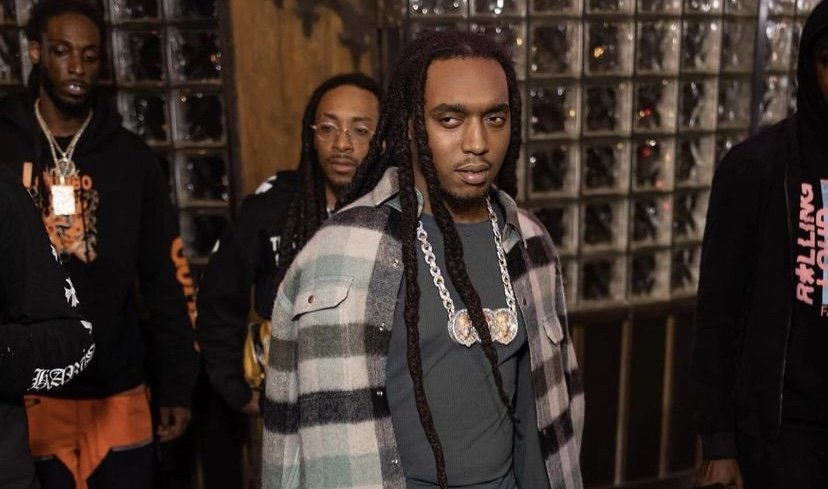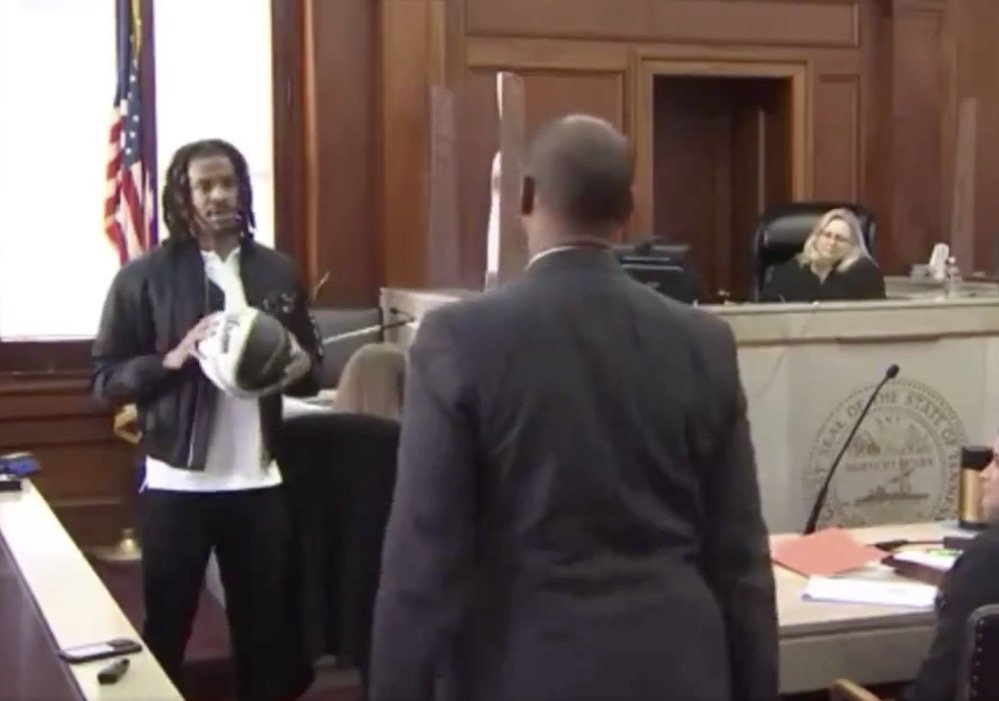In a compassionate move that underscores the importance of empathy in legislation, Illinois has ushered in a transformative policy set to take effect on January 1st, 2024. This new regulation mandates that individuals in the state are entitled to up to two weeks of unpaid leave if a family member falls victim to a crime of violence, providing much-needed support during times of profound grief.
The initiative, born from a collaborative effort to address the unique challenges faced by those affected by violent crimes, reflects a broader commitment to fostering compassion within the legal framework. By acknowledging the emotional toll exacted on families grappling with the aftermath of such tragedies, Illinois aims to create a space where individuals can prioritize healing and familial support without the added burden of work-related concerns.
As the calendar turns to the new year, families across Illinois will find solace in knowing that they can take the time they need to navigate the difficult aftermath of a violent crime without fear of jeopardizing their employment. This progressive step forward aligns the state with a growing recognition of the importance of mental and emotional well-being in the workplace.
The policy not only extends a lifeline to grieving families but also reflects a commitment to humanizing the legal system. By acknowledging the profound impact of crime on victims' families, Illinois paves the way for a more compassionate and understanding society—one that prioritizes empathy alongside legal measures.
As this new era of supportive leave dawns in Illinois, the hope is that other states and jurisdictions will take note and consider similar measures. In times of adversity, the strength of a community is often measured by its ability to stand together, extend a helping hand, and provide support where it is most needed.
In this evolving landscape of legal and social awareness, Illinois sets an inspiring example, demonstrating that legislation can be a force for positive change, fostering a society where compassion is not only encouraged but ingrained in the very fabric of governance. The story of this transformative policy is one of empathy triumphing over adversity, setting the stage for a more compassionate future.























